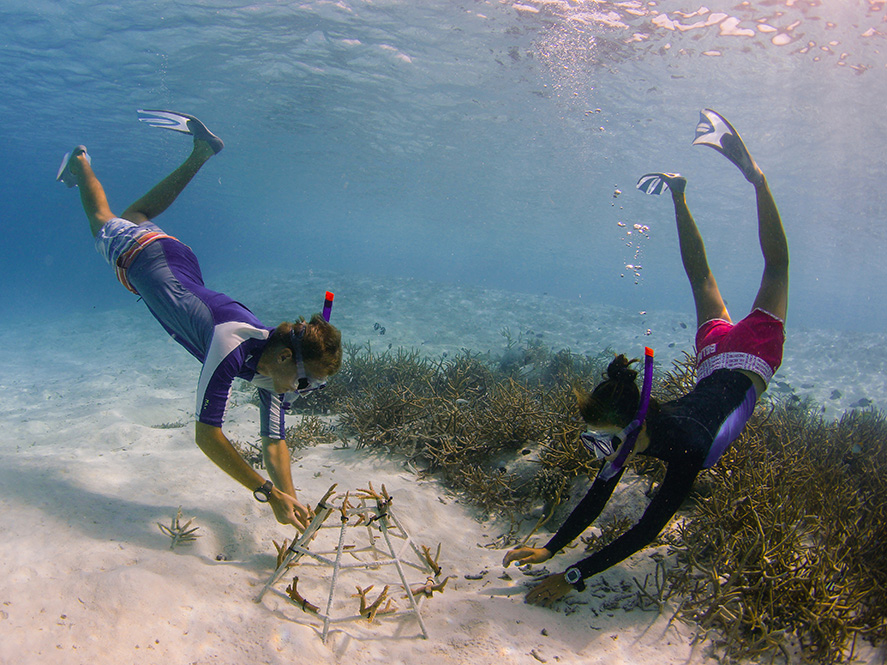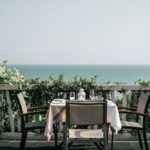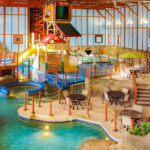On the 50th Anniversary of Earth Day Anantara Hotels, Resorts & Spas’ highlights its major Sustainability Champions.
2020 marks the 50th anniversary of Earth Day. In honour of this milestone, Anantara Hotels, Resorts & Spas turn the lens on its sustainability champions with the release of a short video showcasing some of the company’s most impactful green initiatives worldwide.
From reef rehabilitation to elephant conservation, Anantara’s environmental programmes are woven into each property’s operations. Responding to increased awareness among travellers of the impact mass tourism is having on the planet, these initiatives are designed to encourage sustainable travel through meaningful community involvement.
Cardamom Tented Camp
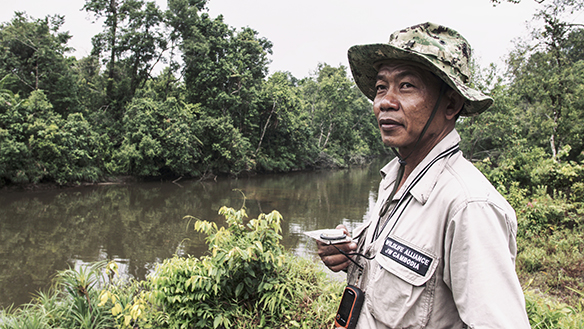
In Cambodia, Anantara sustainability efforts are focused on protecting forests that have been ravaged by illegal loggers, poachers, and sand dredgers. Nestled in Southern Cambodia’s Cardamom Mountain range, the Cardamom Tented Camp is a non-profit eco lodge resting within 18,000 hectares of pristine land. All the funds generated by tourism are channelled into running the camp and into financing park ranger patrols. Since funding began, a vibrancy has returned within this corridor of land and wildlife is thriving.
Anantara’s Golden Triangle Asian Elephant Foundation (GTAEF)
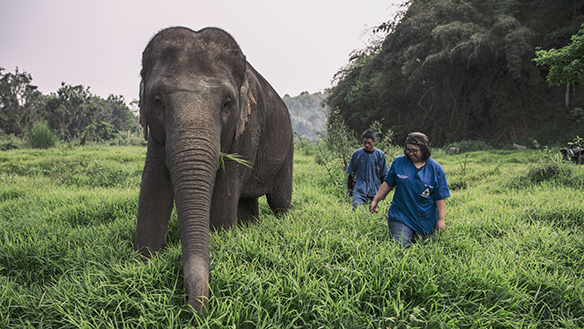
The ongoing maintenance of the Cardamom Tented Camp is funded in part by Anantara guests via Anantara’s Golden Triangle Asian Elephant Foundation (GTAEF). Set up in 2006 to improve the plight of Thailand’s elephants, it has since diversified to include welfare projects that incorporate broader philanthropic and cultural objectives with unprecedented success. Over 30 elephants have been rescued from Thailand’s city streets, accompanied by their entire mahout family. English lessons, education for children and a silkworm business are all part of the rehabilitation programme.
Holistic Approach to Reef Protection (HARP) Programme
Launched in 2015 to reverse coral bleaching in the Maldives, the Holistic Approach to Reef Protection (HARP) programme is bearing fruit. For years, Anantara staff and guests have been painstakingly attaching fragments of rescued coral to ropes and tables at coral nurseries of Anantara Dhigu, Anantara Veli and Naladhu Private Island. A 2019 field study by marine biologist Dr. Andy Bruckner revealed that rehabilitation efforts have encouraged extraordinary growth across all the nurseries, giving hope for the future.
Zero Waste Commitment at Anantara Peace Haven Tangalle Resort
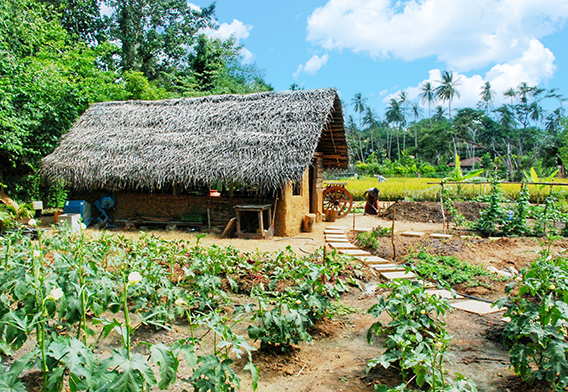
Anantara Peace Haven Tangalle Resort has made operational sustainability the linchpin of its green programme. A reverse osmosis plant produces 2,000 litres of clean water per day which is bottled for drinking – critical for Tangalle, which suffers from regular dry spells. Degradable waste is composted and then used to fertilise a vegetable garden and rice field that supply the resort’s restaurants with fresh produce. In partnership with the International Union for Conservation of Nature, the resort also educates the public and local school children about turtle conservation and organises turtle walks.
Smallholder Farmer Engagement Programme
The Royal Livingstone Victoria Falls Zambia team works hard to ensure smallholder farmers get a share of the tourism economy. In addition to buying all the crop directly from the smallholders and forgoing the middleman, the hotel supports Maramba Women’s Mushroom Farm and trains the 3,000-plus workers at Nsongwe Women’s Farm in sustainable agriculture techniques. Just as impactful is the Libuyu Women’s Peanut Butter Project empowering HIV-positive women by outfitting a peanut butter factory and helping run it.
“At Anantara, we not only ensure we do the right thing for the environment but always look for ways to engage the guests, to make them part of our sustainability efforts,” comments John Roberts, Group Director of Sustainability and Conservation for Anantara Hotels. “It’s educational and meaningful and the planet benefits too, so everyone wins.”

